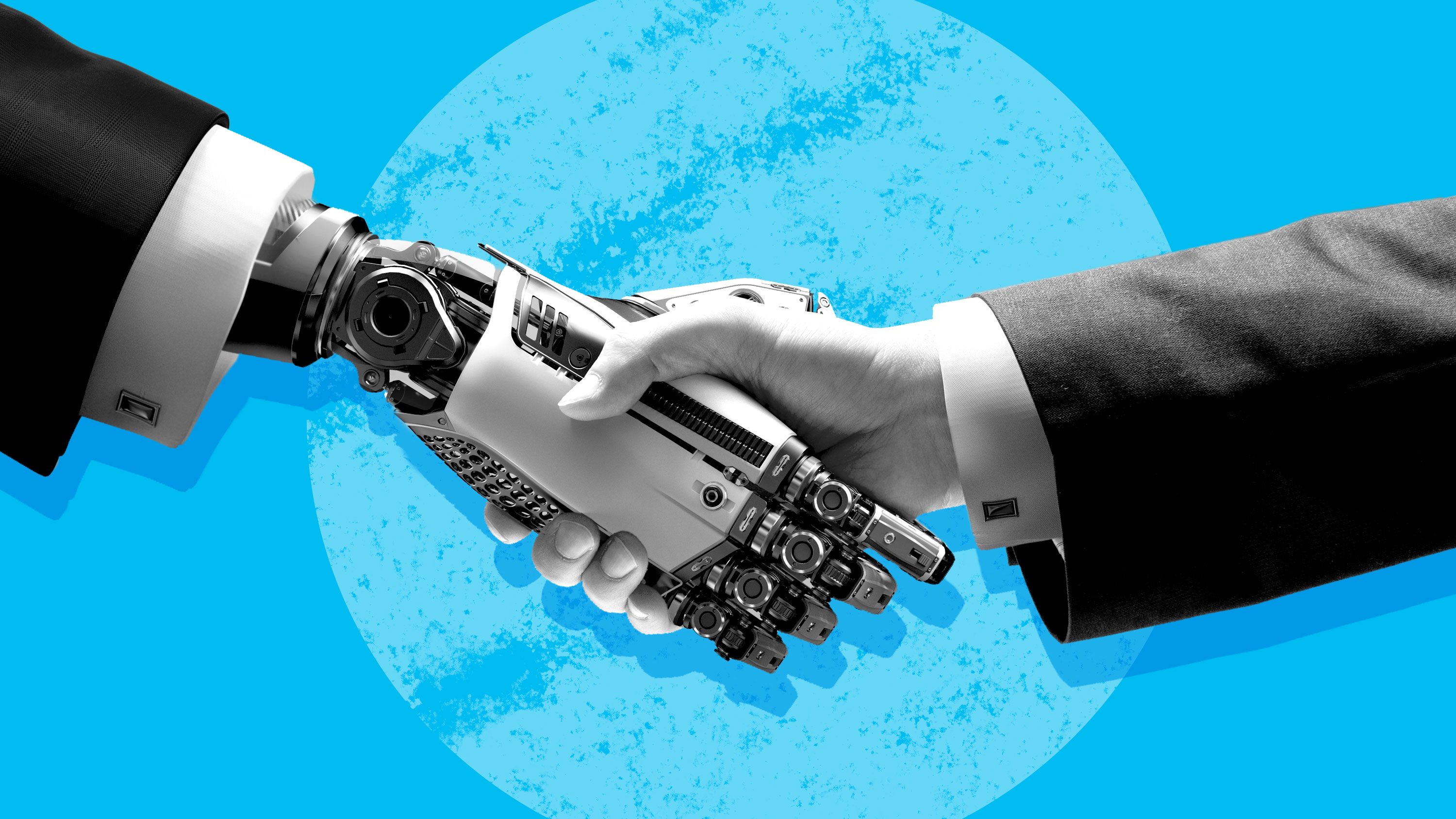Artificial intelligence (AI) technology has made significant advancements in recent years, leading to its growing integration across a wide range of industries. From healthcare and finance to transportation and education, the potential applications of AI are vast and varied. In this blog post, we will explore the current state of AI technology, its potential advancements, and the impact it may have on society in the future.
The Current State of AI Technology
AI technology has come a long way since its inception, with significant advancements being made in recent years. Machine learning and deep learning, which allow computers to learn from data and improve their performance over time, are two of the most significant developments in AI technology. Neural networks, a type of deep learning, are also becoming increasingly popular in applications such as image and speech recognition.
Another area of AI technology that has seen significant growth is natural language processing (NLP), which enables machines to understand and interpret human language. NLP has many potential applications, including chatbots, language translation, and voice assistants like Siri and Alexa.
In addition to these advancements, robotics and automation are also integrating AI technology to create intelligent machines capable of performing complex tasks. From autonomous vehicles to industrial robots, AI-powered machines have the potential to revolutionize many industries.
Potential Advancements in AI Technology
As AI technology continues to advance, several areas are ripe for potential growth. One such area is explainable AI, which would enable machines to provide transparent explanations for their decision-making processes. This technology could be particularly useful in industries like healthcare, where it is essential to understand how decisions are made.
Another area of potential growth is in the development of AI-powered virtual assistants that can perform tasks beyond what current voice assistants are capable of. These assistants could integrate with other devices and systems, making them even more useful in daily life.
Finally, researchers are exploring the potential for combining AI technology with other emerging technologies, such as blockchain and quantum computing. These combinations could lead to even more significant advancements in AI capabilities and applications.
The Impact of AI on Society
As AI technology continues to advance and integrate into more industries, it is important to consider its impact on society. One potential impact is job displacement, as machines become capable of performing tasks that were previously performed by humans. While this may lead to increased productivity, it could also lead to unemployment and income inequality.
Another potential impact is on privacy and security. As AI-powered devices and systems become more prevalent, they will collect and store vast amounts of data, raising concerns about data privacy and security.
Finally, there are also ethical considerations to be made regarding the use of AI technology. As machines become capable of making decisions and taking actions independently, it is essential to ensure that they are programmed with ethical values and do not harm humans or society.
In conclusion, AI technology has made significant advancements in recent years, with many potential applications and advancements on the horizon. As we continue to integrate AI technology into our daily lives, it is important to consider its impact on society and work towards developing ethical, transparent, and beneficial AI systems.

